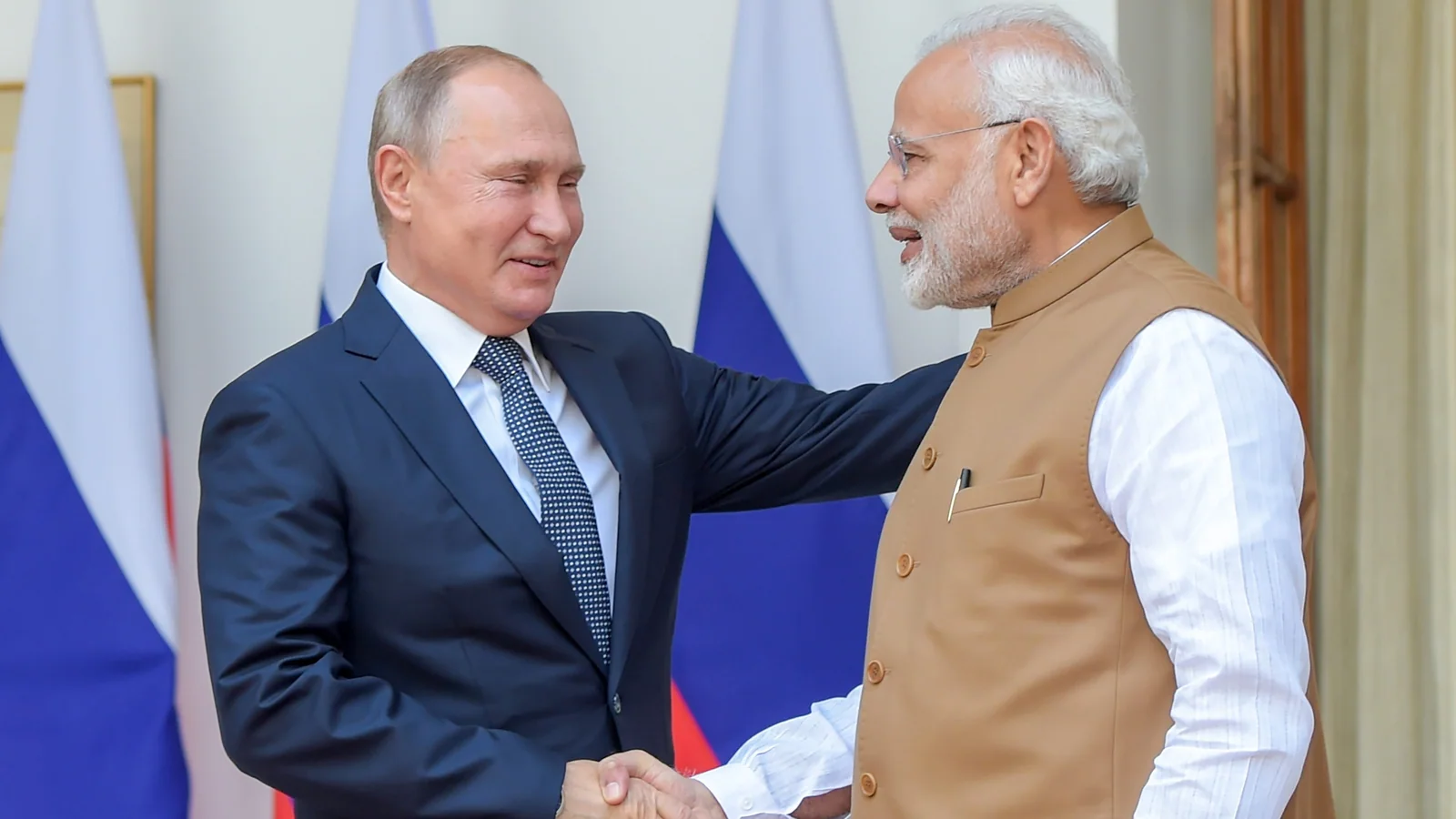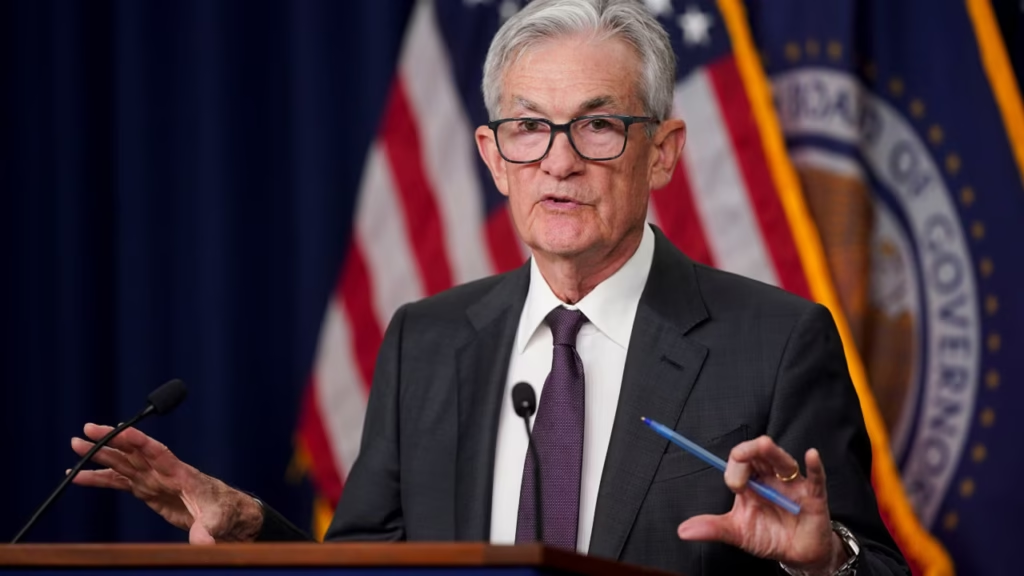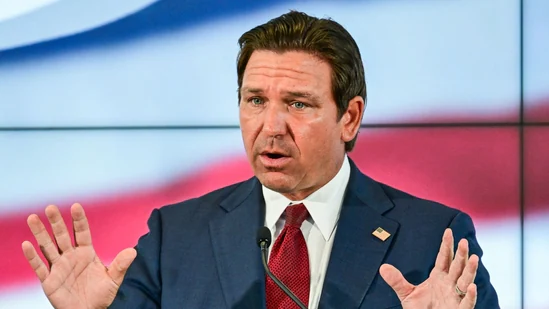Now Reading: India’s Oil Trade With Russia Driven by National Interest, Not Global Politics
-
01
India’s Oil Trade With Russia Driven by National Interest, Not Global Politics
India’s Oil Trade With Russia Driven by National Interest, Not Global Politics

India continues to import oil from Russia, and government officials have clarified that this decision is based purely on economic and strategic calculations—not global political pressure or foreign commentary. A recent response to former US President Donald Trump’s remarks underlines that India’s energy strategy is rooted in national interest and long-term stability, not influenced by Western praise or criticism.
India’s Oil Equation With Russia
Ever since global sanctions were imposed on Russia after the Ukraine conflict, India has increased its crude oil imports from Moscow. The reason is straightforward: Russian oil has often been available at discounted rates, which helps India keep domestic fuel prices in check and manage inflation, especially in Tier 2 and Tier 3 cities where fuel costs impact local economies more directly.
For a growing economy like India, energy access is non-negotiable. Officials have reiterated that buying oil is a commercial decision, and not a political one.
Responding to Trump’s Comment
Donald Trump, during his recent campaign trail, referred to India’s oil purchases from Russia as an example of taking “good steps” during his time. However, Indian officials have rebutted the idea that any foreign leader’s actions influenced India’s energy policy.
The message from New Delhi is clear: India will make decisions that align with its own interests, based on current market conditions and global energy trends, not based on external validation.
Why This Matters for Common Indians
In smaller Indian towns, where public transport is less widespread and daily fuel use is essential for business, agriculture, and commuting, the price of petrol and diesel affects everything—from food prices to freight costs. By securing cheaper oil deals, the government aims to protect its citizens from the ripple effect of global energy price hikes.
Moreover, affordable energy helps small businesses, transport operators, and local industries stay afloat, especially in Tier 2 and Tier 3 cities that don’t benefit from the same infrastructure or subsidies as metros.
Balancing International Relations and Domestic Priorities
India has maintained a careful diplomatic stance—buying Russian oil while maintaining strong ties with Western allies. This balancing act has been recognised globally as a model of pragmatic foreign policy. Rather than taking sides, India has chosen a path that reflects its evolving role in a multipolar world.
Officials also pointed out that India has diversified its energy sources, including increasing renewable energy capacity, but crude oil still remains a vital need for the short-to-medium term.
Conclusion
India’s decision to continue buying oil from Russia is not about political signalling—it’s about securing affordable energy for its people and ensuring long-term economic stability. In a global environment shaped by rising tensions and fluctuating markets, India is putting its citizens and economy first. That’s not just good policy; it’s essential governance

























